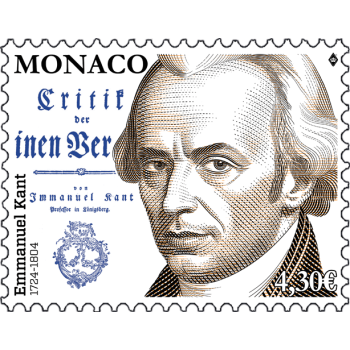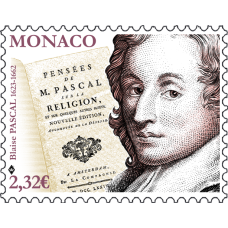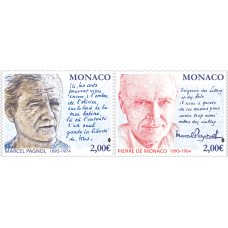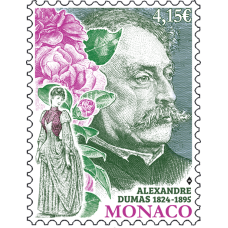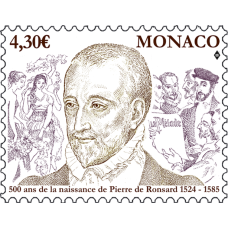Votre panier est vide !
Que puis-je connaître ? Que dois-je faire ? Que suis-je en droit d'espérer ? C’est à ces trois questions qu’Emmanuel Kant, philosophe né en 1724 à Königsberg en Prusse-Orientale, consacre sa vie. Il y répond respectivement dans la Critique de la raison pure (1781 et 1787) ; la Critique de la raison pratique (1788), la Critique de la faculté de juger (1790), et dans La Religion dans les limites de la simple raison (1793). Prenant acte de la révolution intellectuelle accomplie dans les sciences par Copernic puis par Newton, Emmanuel Kant met en place une nouvelle philosophie, à laquelle il donne le nom de criticisme. Il fonde l’idéalisme transcendantal en montrant que nous façonnons les phénomènes par notre regard et que l’on ne peut pas connaître les choses en soi. Par ailleurs, il établit la valeur absolue de la loi morale qui constitue pour lui un impératif catégorique qui fonde la liberté de l'homme. Son influence sur la philosophie, qu'il exerce tant par son enseignement que par ses écrits, est immense. Ses concepts ont été non seulement réinvestis, mais aussi modifiés et adaptés par la grande majorité des penseurs des XIXe et XXe siècles.
- Dessin et gravure : Sarah LAZAREVIC
- Impression : Taille-douce 4 couleurs
- Format du timbre : 52 x 40,85 mm horizontal
- Tirage : 36 000 timbres
- Feuille de 6 timbres-poste avec enluminures
| Caractéristiques | |
| Année | 2024 |
| Partie | Première partie |
| Dessin et gravure | Sarah LAZAREVIC |
| Impression | Taille-douce 4 couleurs |
| Date d'émission | 16 avril 2024 |
| Format du timbre | 52 x 40,85 mm horizontal |
| Tirage | 36 000 timbres |
| Note | Feuille de 6 timbres-poste avec enluminures |
Office des Émissions de Timbres-Poste © 2019

